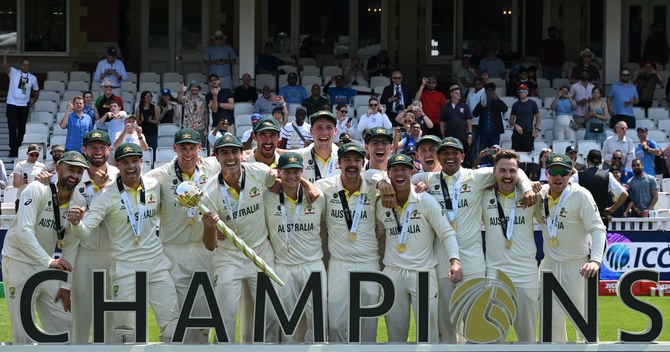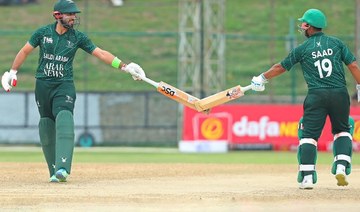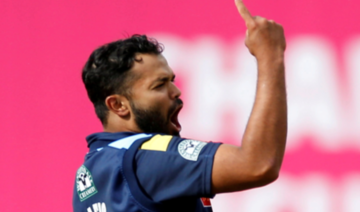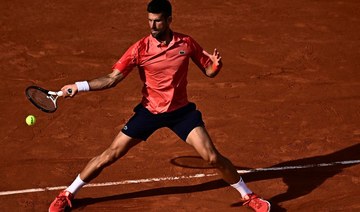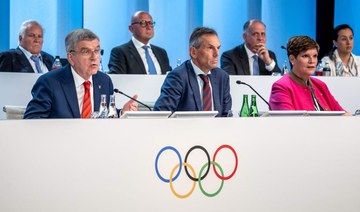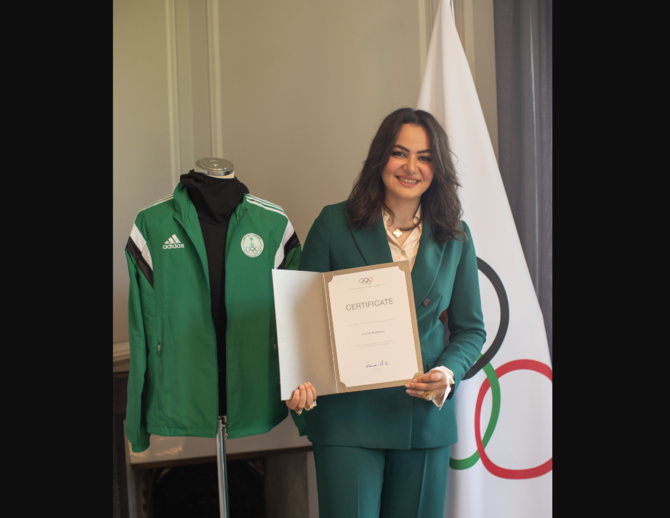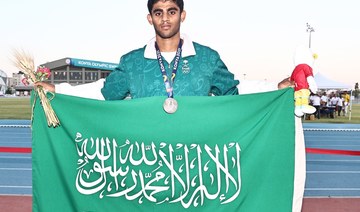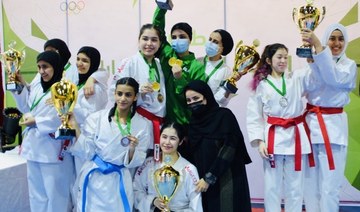India has lost again. A country with rich seams of cricketing talent, a governing board with an abundance of money, and a team worshipped by millions of adoring supporters was beaten by Australia in the World Test Championship final at The Oval, London.
It is 10 years since India last won an International Cricket Council trophy, although it has come close in most events since 2013.
Last year, India was beaten in the semi-finals of the T20 World Cup in Australia, following an exit in the 2021 edition at the Super 12 stage in the UAE. Also in 2021, the team lost to New Zealand in the WTC final.
Prior to that, India reached the semi-finals of the ODI World Cup in both 2019 and 2015, and the semi-finals of the T20 World Cup in 2016 and 2022, having been finalists in the 2014 T20 World Cup.
Following the latest failure, this perceived drought in securing ICC trophies is now subject to multiple inquests.
Some blame the Indian team management’s decision to bowl first, having won the toss. Those responsible for the decision argued that the conditions were overcast and there was quite a lot of grass on the pitch, on which batting was expected to get easier later in the match.
At 76 for three after 24.1 overs, India was on the verge of being on top of the game, only for its bowlers to fail to press home the advantage. This should take nothing away from the ability of Australia’s middle order batters, Travis Head and Steve Smith, who skilfully constructed a partnership of 285, both scoring centuries, in a final total of 469 all out.
India’s team management has also been criticized for omitting R. Aswin, currently the highest ranked bowler by the ICC. He is also the second-ranked all-rounder. His omission mystified several legendary former players. They were of the view that, although The Oval pitch looked green on the surface, it was dry and crumbly underneath. Once the sun came out, it would dry out further and become helpful to spinners. This assessment of the pitch, which also had some uneven bounce, turned out to be accurate.
Another factor that has been raised is the difference in preparation made by the two squads.
Almost all of India’s players arrived off the back of the two-month-long Indian Premier League, T20 cricket. Conversely, only three of Australia’s squad were involved in the IPL, two of its bowlers opting out of it, while two batters prepared by playing English county cricket. India’s coach admitted that, ideally, more time was needed to adjust between formats.
What cannot be denied is that Australia batted and bowled better than India. In its first innings reply, India was on the back foot at 71 for four after 18 overs. Despite some middle order resistance, a first innings total of 296 provided Australia with the opportunity to put the game out of India’s reach.
After losing two early wickets in its second innings, Australia’s first innings saviours, Head and Smith, seemed a little uncertain of which tactics to adopt. Both were out in uncharacteristic fashion, trying to force the pace against astute placing of fielders by India.
At 124 for five, 297 runs ahead, Australia could not afford to lose any further quick wickets. The innings was stabilized and eventually declared on 270 for eight, setting India 444 runs to win.
This represented the highest total that any team has been asked to score to win a match in Test history. It seemed an unlikely prospect, although India’s supporters remained noisily optimistic.
The noise ratcheted up as India made a brisk start of 41 in seven overs, but one of India’s openers was contentiously given out caught, after a review by the off-field umpire. Law 33.3 of cricket states that the act of making a catch “shall end when a fielder obtains complete control over both the ball and his/her own movement.” Indian supporters complained that the catcher grounded part of the ball through two of the four fingers and thumb which enclosed it, when he turned his wrist to ensure that the back of his hand was facing upwards.
Undeterred, India pressed on at four runs an over, although two batters got themselves out unnecessarily. At the end of day four, India had reached 164 for three from 40 overs, with two elite players batting with an authority that gave the team and its supporters hope that an historic victory could be achieved on the final day. Unfortunately for India, those hopes were quickly doused in the first session. Once again, careless shots, more akin to swats, caused the downfall. In 23.3 overs, India lost its remaining seven wickets, losing the match by 209 runs in a tame and disappointing manner.
India’s top four, with an average age of 31, did not perform in the match, scoring only 193 runs between them. A single player in the team, which has an average age of 32, is under 29.
Although the team did well to reach successive WTC finals, it is hard to resist the conclusion that a re-build is necessary. Australia’s team has an average age of 30.6 years and is likely to make modest changes later this year. Both teams were fined heavily for slow over-rates. This is hardly a sufficient deterrent. More effective sanctions are required to improve over-rates.
The next WTC cycle starts with the forthcoming Ashes series in England, while India will tour the West Indies for a three-Test series. June 2025 is set for the next final of the WTC at Lord’s. Already, India is starting to question this timing and location. It could be more gracious. Consecutive WTC defeats and a blinkered focus on IPL should not automatically entitle bargaining rights. Reasons for defeat need to be absorbed and acted upon. Australia’s squad held strong ahead of a punishing Ashes series, ridiculously crammed into six weeks, starting on June 16.





